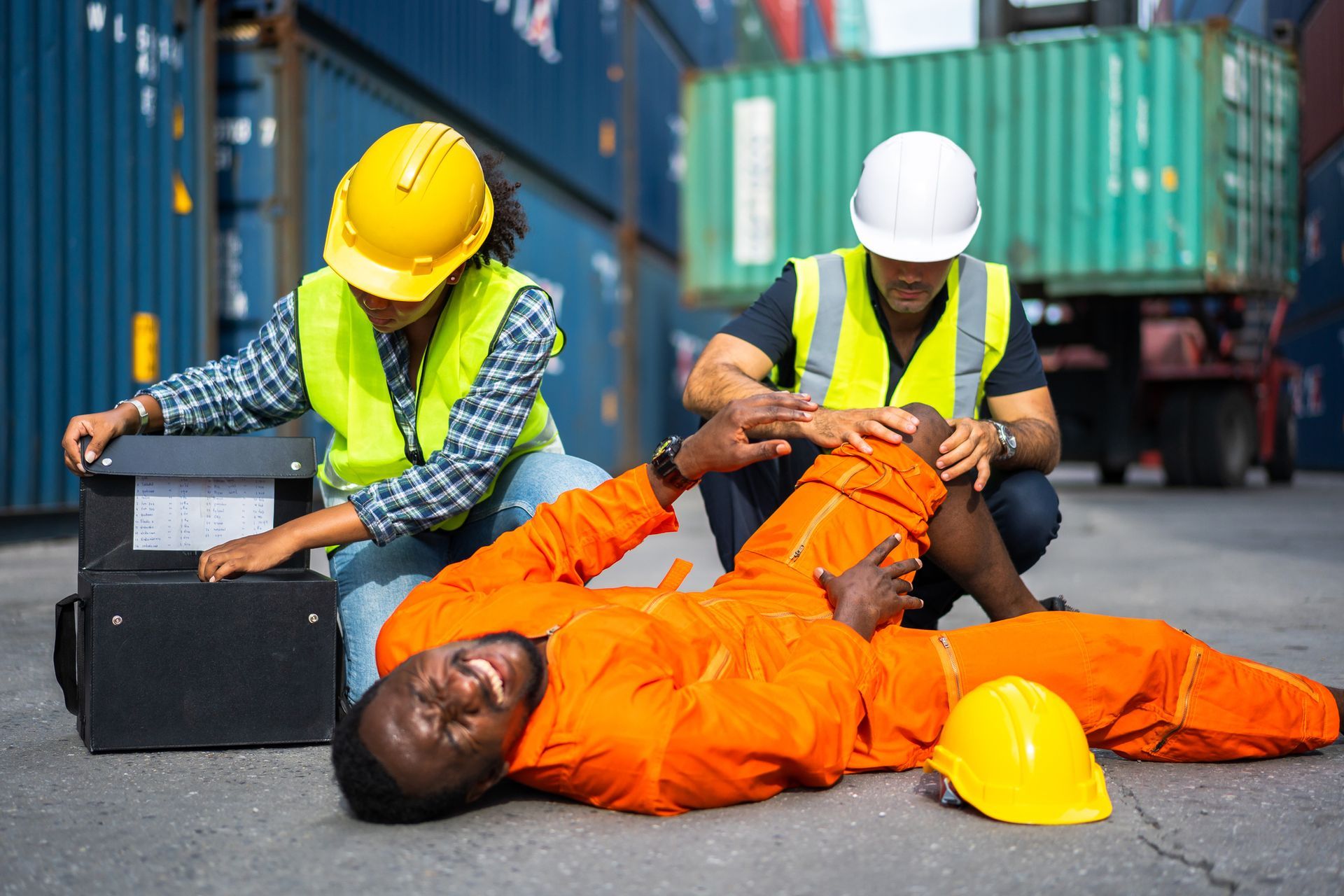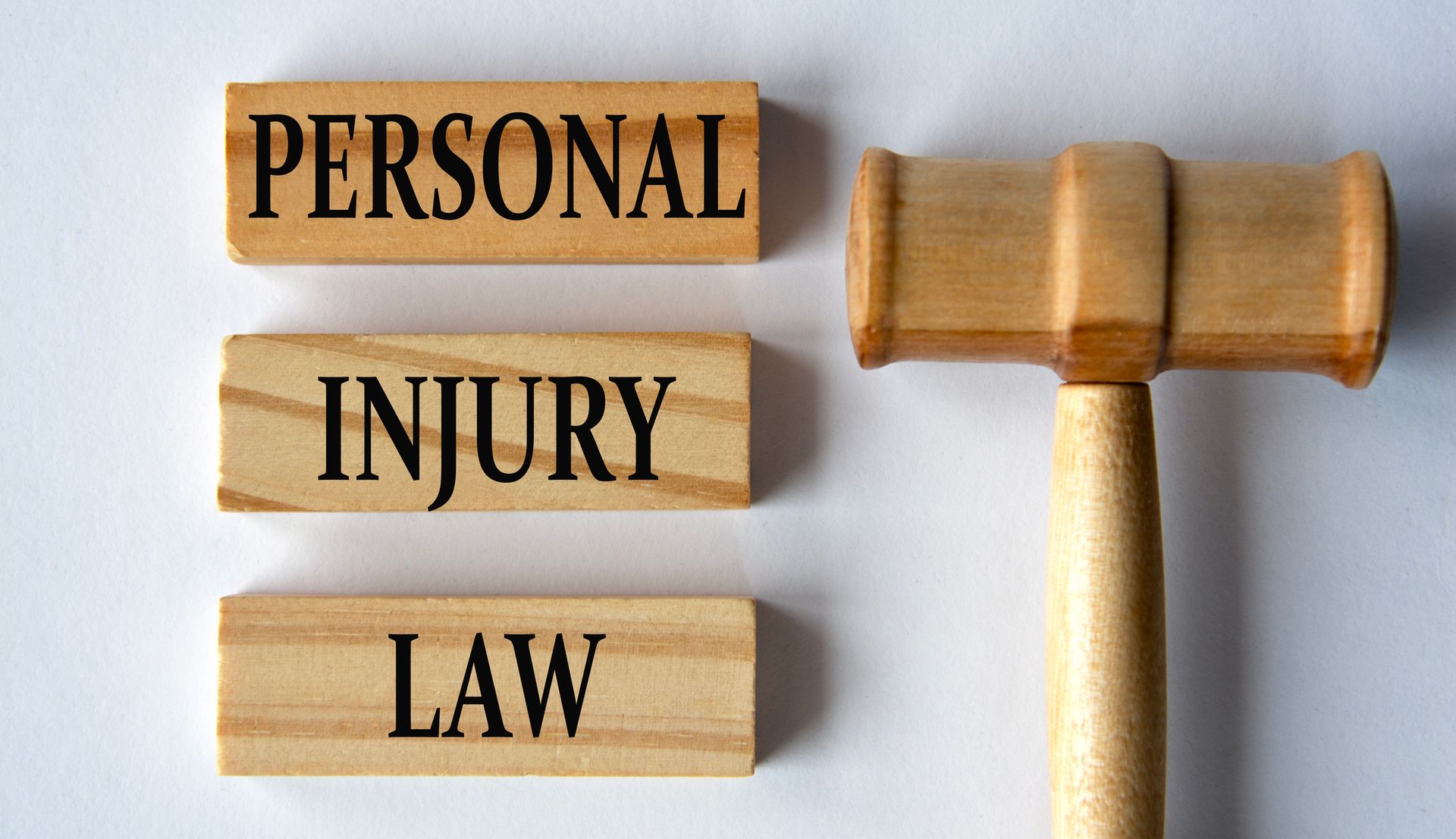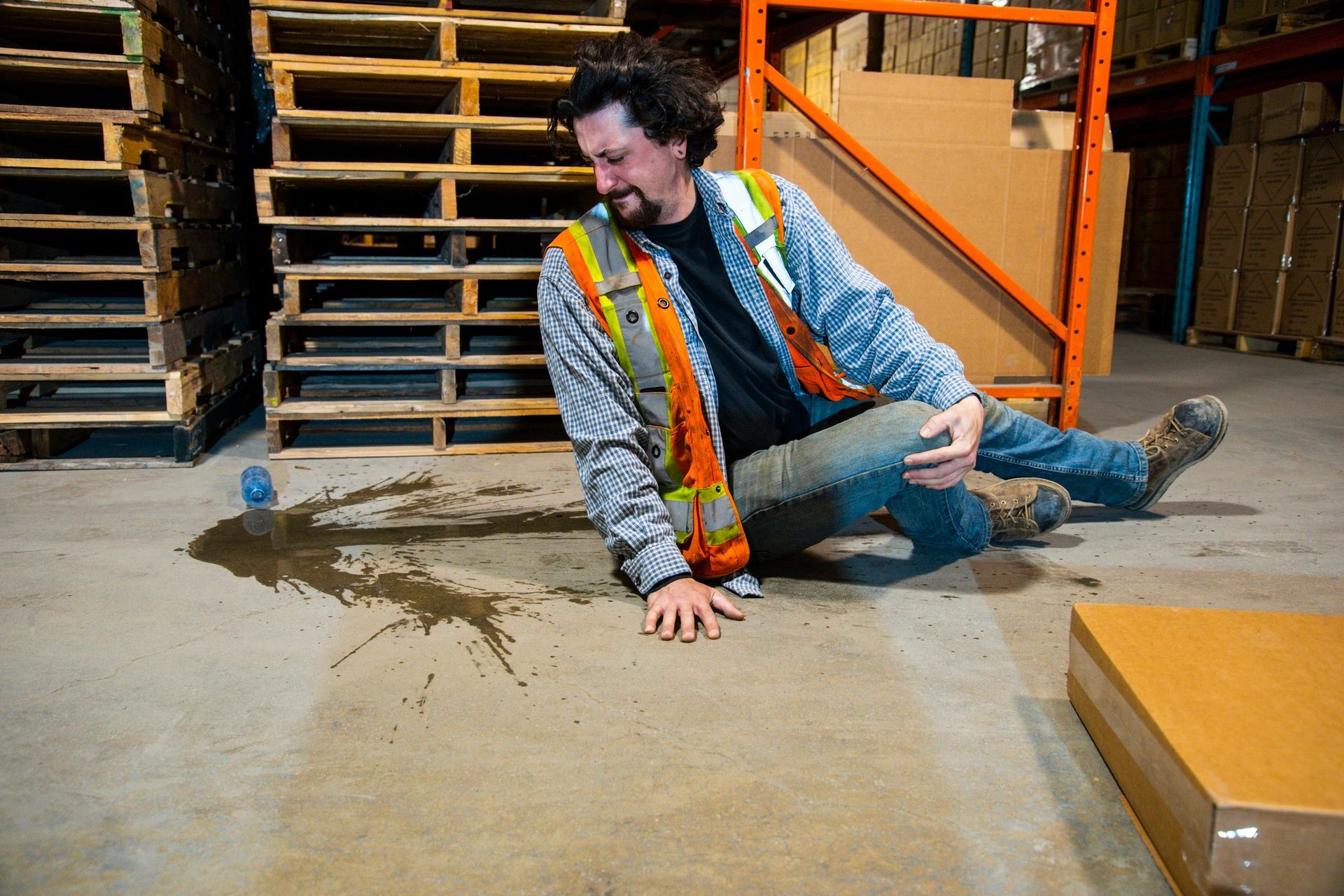RAILROAD STRIKE AVERTED
Railroads: Strikes, Impact on Economy, and Accidents
POTENTIAL RAILROAD STRIKE AVERTED
A national railroad strike loomed over the country this week. Freight railroad companies and unions representing workers were in dispute over pay and working conditions, specifically sick time and penalties for missed work. If the parties had not come to an agreement, the lockout would have marked the first such strike in about three decades. Although the impact of a railroad strike in 2022 would not be as catastrophic as it was 100 years ago when the railroads were the lifeblood of the economy—think coal, steel and the Pittsburgh strike—a strike would have major repercussions on an economy still dealing with supply chain problems created by the pandemic. According to the Association of American Railroads, which represents the freight industry, a rail shutdown would be “devastating” for the transport of consumer goods, industrial chemicals, agricultural products and motor vehicles. “If these and other rail shipments were halted,” the association estimates, “the loss in economic output would likely be at least $2 billion per day.”
At a Rose Garden ceremony to announce the agreement between unions and management, President Biden thanked everyone involved in the negotiations: "You've reached an agreement that will keep our critical rail system working and avoid disruptions of our economy," Biden said. "I'm grateful. This agreement is validation...of what I've always believed: Unions and management can work together...for the benefit of everyone.” The deal needs to be ratified by union members before it can go into effect and totally end the threat of a strike.
Railroad strikes have long played a significant role in American history. Railroads were so important to the nation’s economy 100 years ago that a strike could shut down the whole country. Nelson Lichtenstein, a labor historian at the University of California at Santa Barbara, said railroads previously set the standard for work. “In the late 19th century, all the great strikes were railroad strikes, and they had a revolutionary flavor to them. Railroad strikers burned down Pittsburgh, shut down Chicago. The eight-hour workday was won by the railroad workers’ strike,” he said.
RAILROAD ACCIDENTS
Because railroads play such an important role in our country, both in terms of retail and commuting, railroad accidents are common. Railroad crossing accidents like the one that occurred in Gwinnett County, Georgia on September 2, 2021, occur all too frequently. The driver of the truck that crossed the tracks, got stuck and then was hit by a train stated that he was following his GPS—instead of paying attention to the numerous signs and warning lights indicating that a train was approaching. Luckily, no injuries occurred, but crossing accidents can result in gruesome injuries and fatalities. According to the Federal Railroad Administration, Trains are estimated to kill 1 person every 100 minutes. Each year nearly 1,000 people are killed in train-related accidents.
- More than half of all railroad accidents occur at unprotected crossings.
- More than 80 percent of crossings lack adequate warning devices such as lights and gates.
- Occupants of vehicles that collide with a train are 40 times more likely to die than if they had collided with another vehicle of comparable size.
CAUSES OF RAILROAD ACCIDENTS
Railroad accidents due to negligence can be blamed on different groups. Some may be the fault of the railway company itself, whereas others are because a conductor or railroad employee was negligent. Some accidents are caused by the neglect of a government agency; others are caused by an equipment manufacturer.
Sometimes, a reckless or distracted pedestrian can cause a collision by standing on or crossing the tracks at the wrong time. In other scenarios, the driver of a car, truck, motorcycle or other motor vehicle can cause an accident by leaving their vehicle parked on a train track or trying to beat the train across a crossing.
According to the United States Department of Transportation Federal Railroad Administration, 38% of train accidents are caused by error. Human error and a railroad strike could combine to cause devastating consequences, as happened a little over 100 years ago in the Malbone Street Wreck, commonly considered the worst train crash in American history. On November 1, 1918, a packed Brighton Beach-bound train was speeding through a tunnel under Brooklyn’s Malbone Street. As the train approached a curve designed to be taken at 6 miles per hour, the motorman kept the train at roughly 35 miles per hour. The train derailed, killing 102 people and injuring many more. The cause of the accident was human error, attributed largely to the fact that the 25-year-old driver was inexperienced and only working due to the regular motormen being on strike.
LOCATION OF RAILROAD ACCIDENTS
According to FRA statistics, 2,145 highway-rail grade crossing collisions occurred in 2021. There were 236 crossing fatalities and 668 crossing injuries in 2021 across the U.S. A majority of railroad accidents happen at unprotected railroad crossings—those with improper warning devices like gates or lights. They are typically caused by lack of visibility, impaired or distracted drivers, or drivers trying to outrun the train. Nearly 62,500 crossings do not have a light or gates. Figures from the National Transportation Safety Board state that approximately 60% of all railroad crossing fatalities occur at “unprotected” or passive crossings. Passive crossings are those with no more than a railroad crossing sign.
CONTACT YOUR ATTORNEY
If you are a commuter on a train or a passenger in a vehicle hit by one, many factors could affect your recovery for personal injuries. For instance, the safety of the railroad crossing, the speed of the train, the actions of railroad employees, and the actions of the vehicle driver must all be examined when determining liability for an accident. Assessment of all of these factors requires a skilled personal injury attorney. If you have been in a railroad related accident, contact Dave Thomas at The Thomas Law Firm for a free evaluation of your rights.








